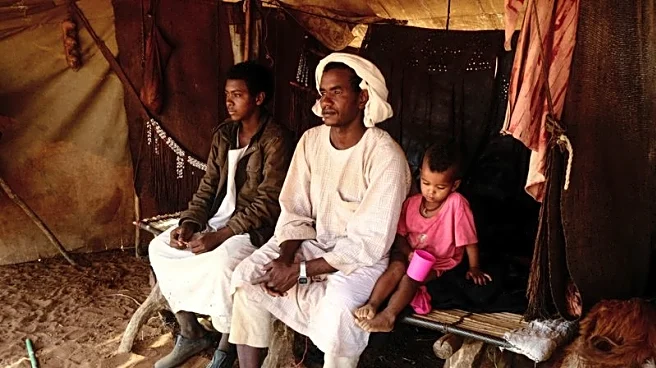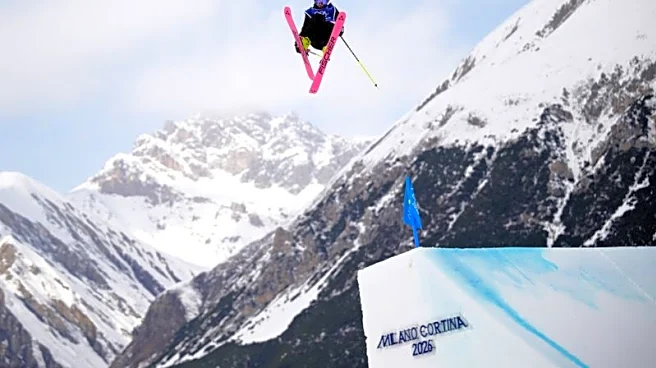Rapid Read • 8 min read
The Fitzroy River in Rockhampton, Queensland, has been selected to host rowing and canoeing events for the 2032 Olympic and Paralympic Games. This decision has raised concerns due to the river's known crocodile habitat. The Fitzroy Canoe Club, located in the area, has long been aware of the presence of saltwater crocodiles, with safety tips posted for paddlers. Despite the potential risks, local canoeists have been using the river without incident since the late 1970s. The Queensland government has implemented a crocodile management plan, which includes removing large or dangerous crocodiles from the water upstream of the river's barrage.
AD
The decision to host Olympic events on the Fitzroy River highlights the balance between utilizing natural resources for international events and ensuring safety. The presence of crocodiles poses a unique challenge, potentially impacting the perception of safety for athletes and visitors. This situation underscores the importance of effective wildlife management and public safety measures. The event could boost local tourism and economy, but it also raises questions about the coexistence of human activities and wildlife in natural habitats.
As preparations for the 2032 Olympics continue, authorities will likely focus on enhancing safety measures and public awareness regarding crocodile risks. The Queensland government may need to reassess its crocodile management strategies to ensure the safety of athletes and spectators. Local stakeholders, including the Fitzroy Canoe Club, will play a crucial role in facilitating safe interactions with the river environment. The broader implications for wildlife management in Olympic planning could influence future event locations and safety protocols.
The decision to host Olympic events in a crocodile habitat raises ethical considerations about wildlife conservation and human intervention. It prompts discussions on the long-term impact of such events on local ecosystems and the responsibilities of international sporting bodies in preserving natural environments. The situation may also influence cultural perceptions of wildlife and human coexistence, potentially leading to increased awareness and advocacy for sustainable practices.
AD
More Stories You Might Enjoy











